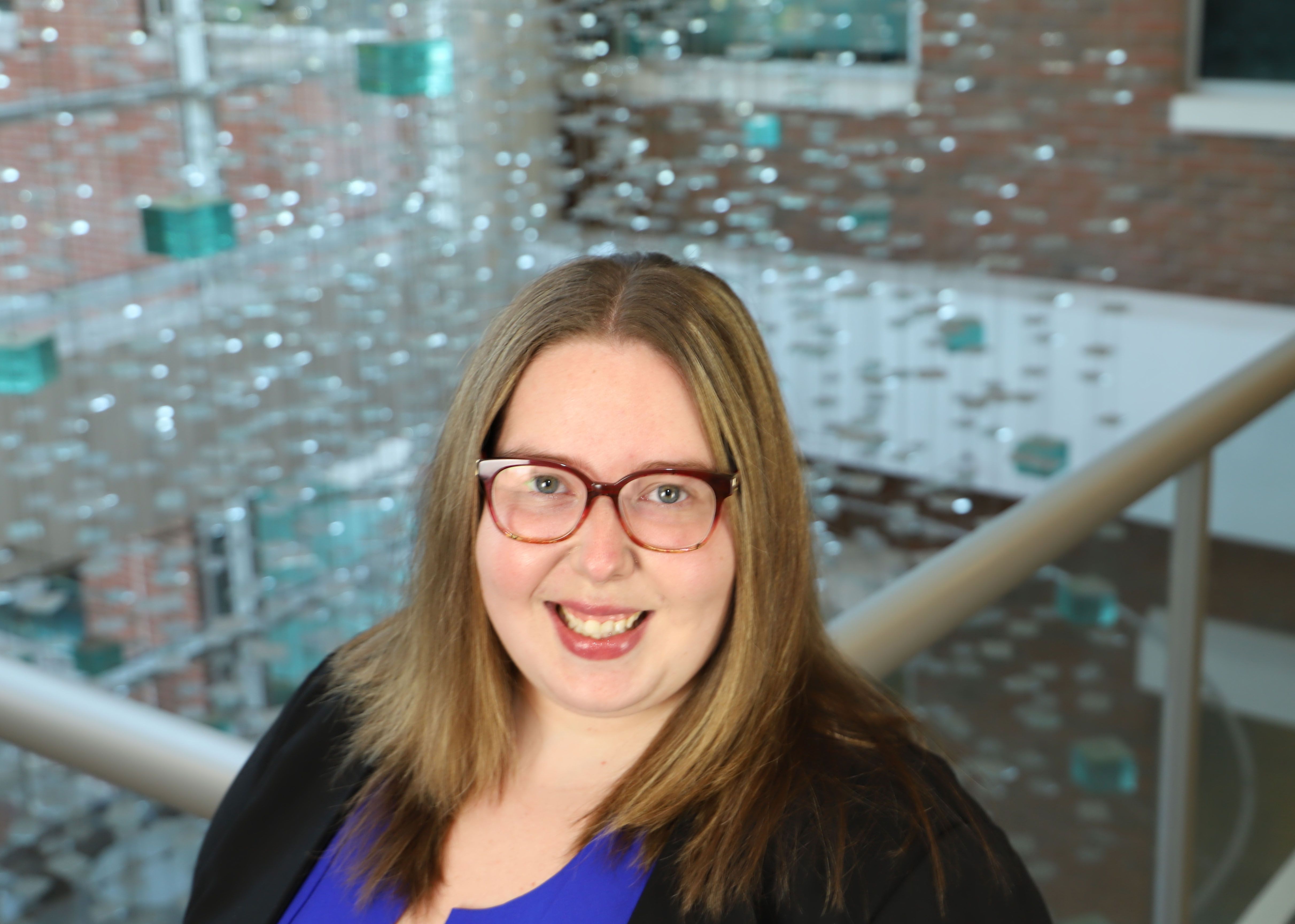- Center on Health Equity & Access
- Clinical
- Health Care Cost
- Health Care Delivery
- Insurance
- Policy
- Technology
- Value-Based Care
Contributor: Reflections on World AIDS Day 2023—A Call to Increase Research Funding on HIV and Aging
Research on HIV and aging should be the focus of future research as World AIDS Day brings the chronic illness to the forefront.
This year marks the 35th commemoration of World AIDS Day which initially took place in 1988 as a way to raise overall awareness and honor the lives affected by the HIV/AIDS epidemic. Throughout its history, themes for the day have largely focused on prevention with slogans including “Stop AIDS. Keep the Promise,” “Hands Up for #HIVPrevention,” and “End Inequalities. End AIDS. End Pandemics.” The theme for this year’s 2023 commemoration is “Let Communities Lead,” a subtle but important shift back to the origin of this day.
During the onset of the HIV/AIDS pandemic, it was community-led activism through protests, die-ins, and organized meetings that applied continuous pressure on governments and other health care institutions to fund research that focused on treatment and prevention. Perhaps one of the most well-known activists in the fight for HIV/AIDS research was Larry Kramer, an American author, playwright, and film producer who co-founded Gay Men’s Health Crisis in 1982 and AIDS Coalition to Unleash Power in 1987, whose relentless advocacy, along with thousands of others, eventually helped push the FDA to approve the use and distribution of experimental drugs that helped save the lives of AIDS patients.
Kristen D. Krause, PhD, MPH

As HIV has become a chronic illness, the conversation around HIV activism, in addition to research and funding priorities, has also evolved. It is not surprising that many of the NIH top research priorities around HIV are focused on prevention through vaccines, microbicides, and pre-exposure prophylaxis (PrEP) along with also finding a cure. Other funding priorities include developing the next generation HIV therapies with attention to safety and ease of use and addressing HIV-associated comorbidities, which include cardiovascular, kidney, liver, bone, and neurologic diseases.
While these funding priorities are certainly necessary, there is a more nuanced and critical need to advance research in support of people aging with HIV—many of whom were on the frontlines with Larry Kramer fighting during the initial years of the epidemic and still fighting to this day. Those who have loved and lost countless friends, family members, lovers, partners, and community members. Those who have endured years of defeats but also many triumphs in the face of HIV/AIDS.
Earlier this year, the Office of AIDS Research at the NIH hosted a virtual research workshop, “HIV and Aging Research: Current Landscape and Opportunities,” where researchers, community members, and federal partners came together to examine the current landscape of HIV and aging research and identify key future research directions to address the biomedical, behavioral, and social needs of people aging with HIV. Given that more than half of the people living with HIV in the United States are 50 years of age and older, this was an extremely timely workshop.
A key component of this meeting was a presentation given by community leaders working with organizations such as the National AIDS Treatment Advocacy Project and the National Minority AIDS Council. They highlighted the importance of increased research funding for studies examining multifaceted aspects of aging with HIV, especially from the National Institute of Aging which lags far behind other NIH institutes, such as the National Institute of Allergy and Infectious Diseases and National Institute on Drug Abuse, when it comes to HIV-related funding at the federal level.
The community leaders also discussed the importance of including community partners and organizations who have been in the trenches doing this work for the last 4 decades in research conceptualization, design, and implementation and not just as incubators for recruiting participants. Researchers should consult their community partners from the beginning to not only understand what the immediate needs are but to also get valuable feedback on feasibility and acceptability of possible projects.
This is especially important as my mentor and dean of the Rutgers School of Public Health, Perry N. Halkitis, PhD, MS, MPH, often reminds our team that community-engaged, community-led research is research—it is just as crucial as research that happens in laboratories and clinical settings. Moving forward, it is imperative that future funding announcements from federal, state, and local agencies not only prioritize research on those aging with HIV, but that community members have a more active role in helping to shape future priorities.
